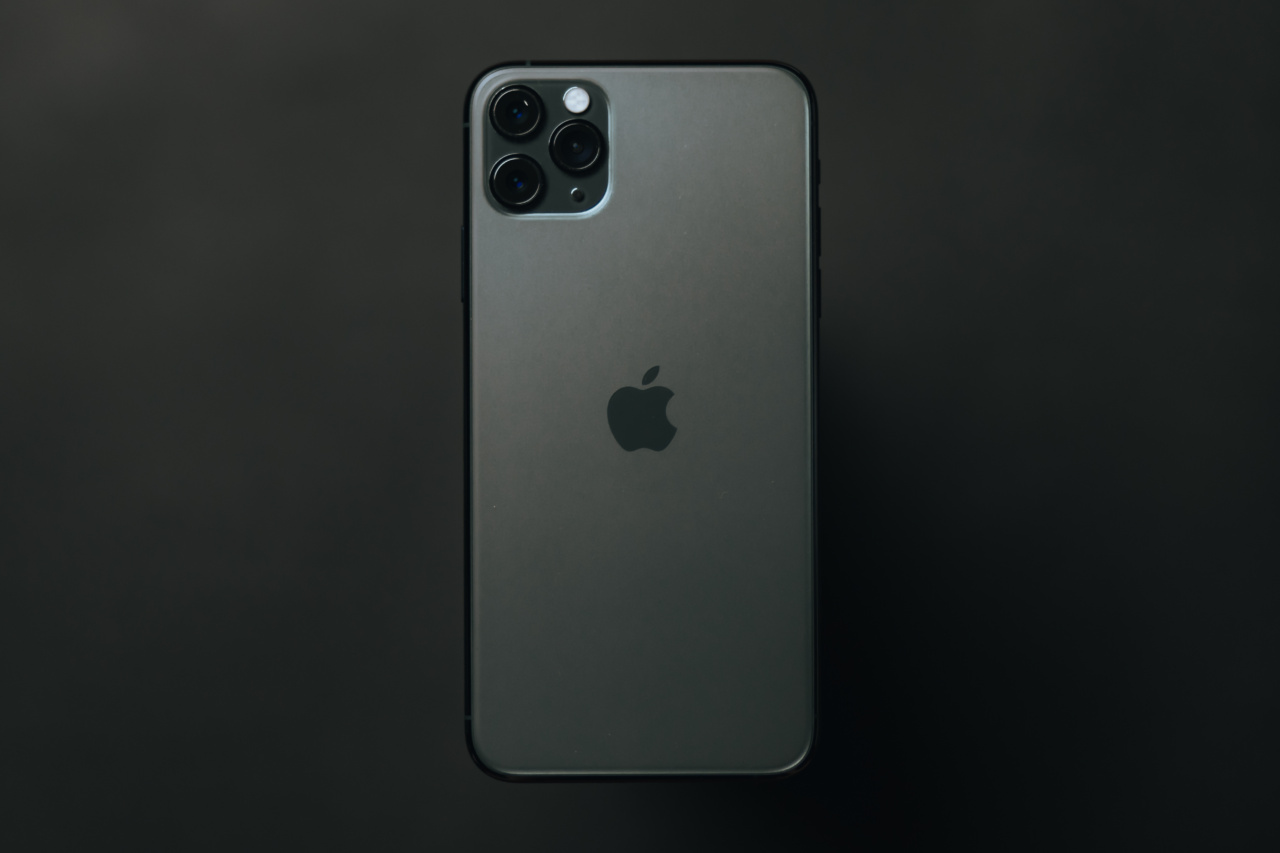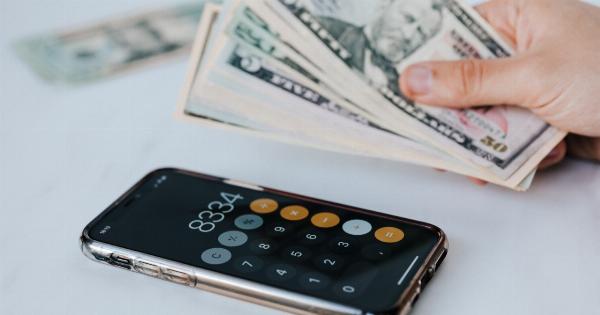In today’s technology-driven world, mobile phones have become an integral part of our daily lives. From communication to entertainment, navigation, and more, these devices have transformed the way we connect with the world around us.
However, with the increasing reliance on mobile phones, a new label has emerged – mobile phone addiction.
What is mobile phone addiction?
Mobile phone addiction, also known as smartphone addiction, refers to the excessive use of mobile phones that interferes with various aspects of a person’s life, including personal relationships, work, and overall well-being.
It goes beyond mere dependence on the device and becomes a compulsive behavior that negatively impacts one’s mental and physical health.
Signs and symptoms of mobile phone addiction
Recognizing the signs and symptoms of mobile phone addiction is crucial in understanding its impact on individuals. Some common indicators include:.
-
Constant urge to check the phone and inability to resist the urge.
-
Experiencing anxiety or restlessness when the phone is not accessible.
-
Using the phone in inappropriate situations, such as while driving or during important meetings.
-
Neglecting important tasks or responsibilities due to excessive phone use.
-
Interrupting face-to-face conversations to attend to phone notifications.
-
Feeling restless, irritable, or frustrated when unable to use the phone.
-
Sleep disturbances due to late-night phone usage.
-
Experiencing withdrawal symptoms, such as agitation or depression, when temporarily unable to use the phone.
Causes of mobile phone addiction
The rise of mobile phone addiction can be attributed to various factors:.
-
Instant gratification: Mobile phones provide instant access to information, social media, and entertainment, leading to a constant need for immediate satisfaction.
-
Fear of missing out (FOMO): The fear of missing out on important events or updates drives individuals to constantly check their phones for notifications and updates.
-
Social media influence: Social media platforms are designed to be addictive, with continuous scrolling and notifications that keep users engaged for extended periods.
-
Escape from reality: Mobile phones serve as a distraction from stress, anxiety, or boredom, allowing individuals to escape their current reality temporarily.
-
Peer pressure: The pressure to conform to societal norms and constant connectivity influences individuals to engage excessively with their mobile phones.
Impact of mobile phone addiction
Mobile phone addiction can have significant negative effects on various aspects of one’s life:.
Mental health
Excessive mobile phone use has been linked to the following mental health issues:.
-
Anxiety and depression: Constant connectivity can lead to feelings of anxiety and depression, as individuals compare themselves to others on social media or feel overwhelmed by constant notifications.
-
Sleep disturbances: The blue light emitted by mobile phones disrupts sleep patterns, leading to insomnia and poor sleep quality.
-
Attention deficits: Excessive phone use can result in reduced attention span and difficulty concentrating on tasks.
-
Stress and burnout: The constant connectivity and pressure to be available 24/7 can lead to increased stress levels and burnout.
Physical health
The physical health implications of mobile phone addiction include:.
-
Eye strain and vision problems: Staring at screens for prolonged periods can cause eye strain, dry eyes, and vision issues.
-
Neck and back pain: Poor posture while using mobile phones can lead to neck and back pain.
-
Repetitive strain injuries: Constant typing and scrolling can result in repetitive strain injuries, such as carpal tunnel syndrome or tendonitis.
-
Reduced physical activity: Excessive phone use often leads to a sedentary lifestyle and reduced physical activity, resulting in various health risks.
Treatment and prevention
Recognizing mobile phone addiction is the first step towards overcoming it. Here are some strategies for treatment and prevention:.
-
Self-awareness and self-control: Being mindful of mobile phone use and consciously limiting screen time can help regain control over one’s device usage.
-
Setting boundaries: Establishing rules such as no phones during meal times, before bed, or during certain activities can create a healthier balance.
-
Utilizing screen time features: Many smartphones now offer features to limit screen time, set app-specific usage limits, and even monitor and control usage for children.
-
Seeking support: If the addiction is severe, seeking professional help, such as therapy or counseling, can assist in overcoming the addiction.
-
Engaging in alternative activities: Encouraging and prioritizing activities that do not involve mobile phone use, such as hobbies, sports, or spending time with loved ones, can help break the addiction cycle.
The future of mobile phone addiction
As technology continues to advance, the risk of mobile phone addiction may evolve with new devices and platforms.
It is essential for individuals and society as a whole to stay vigilant and proactive in managing their mobile phone usage to prevent excessive dependency and its potential consequences.






























